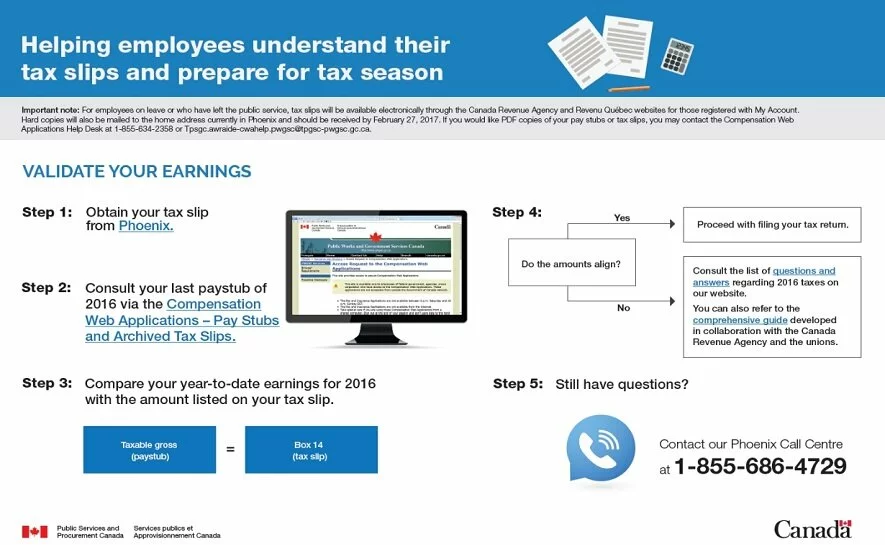The tradition of government office work included keeping all data in files and as papers. This creates a lot of struggle while trying to get previous files.Online courses were mostly popular with students and professionals on a budget looking for an Ivy League education. Thousands of young students took courses in everything from mathematical thinking to mechanics from leading U.S. universities such as Yale or Stanford without ever leaving Indian shores. But, now, leading online course providers such as U.S.-based Coursera and Simplilearn are looking beyond students and talking to the government on digital literacy programmes to help bridge the skill gap in India and prepare workers for the jobs of the future.
The Bengaluru- and California-headquartered company has partnered with the Digital India initiative’s National E-Governance Division to tutor government employees across the board. Under this partnership, employees will be given free access to courses on the Simplilearn platform. California-based Coursera is also talking to the central and state governments about bridging the skill gap in the new digital age. Its chief business officer, It launched its Coursera for Government programme in January under which it has already partnered with various governments to provide new skills from programming to English-language communication. For instance, in the U.S., it has a deal with the Institute for Veterans and Military Families at Syracuse University to train 1,200 transitioning service members, military spouses, and veterans. Participants will take courses in Java programming, web development, data analysis, and hotel management.
Closer home, Pakistani tech company Overseas Technologies and Coursera have partnered with various public institutions in Pakistan, including a government programme to train 36,000 young adults across the country. Participants will take online courses in computer science, data analytics, career success, and language learning. Coursera has also tied up with governments in Egypt, Kazakhstan, and Singapore. Rebecca Taber, head of government partnerships at Coursera, says rapid changes in technology and economy are widening the skill gap worldwide.
The government has also launched its own education portal called SWAYAM. Developed by the Ministry of Human Resource Development and the All India Council for Technical Education with Microsoft’s help, the portal will host 2,000 courses and 80,000 hours of learning at the school, undergraduate, and postgraduate levels. The courses are offered by institutes such as the Indian Institute of Management, Indian Institute of Technology, and Indian Institute of Science. They are free, and certificates are offered at a small cost.
R. Subrahmanyam, additional secretary (technical education) with the HRD ministry, says the government chose the online route to provide the opportunity for quality education to all, especially those from backward areas. “Though we have not formally launched SWAYAM, we are currently undertaking pilot runs with about 40,000 students and about 350 courses. We even have expression of interest from British Council and the University of New South Wales in Sydney in placing their courses on SWAYAM,” says Subrahmanyam.

